1800 – 1865
Decline of Slavery in the North
As the 19th century began, there were still more than 36,000 people enslaved in the North. Emancipation came very slowly for enslaved northerners. New Hampshire, the last New England state to formally end slavery, did not do so until 1857, while New Jersey continued slavery until the passage of the 13th Amendment, which abolished slavery nationally in 1865.
1800
The second Federal census shows that the number of enslaved individuals in New York and New Jersey had increased in each state over the last decade.
1804
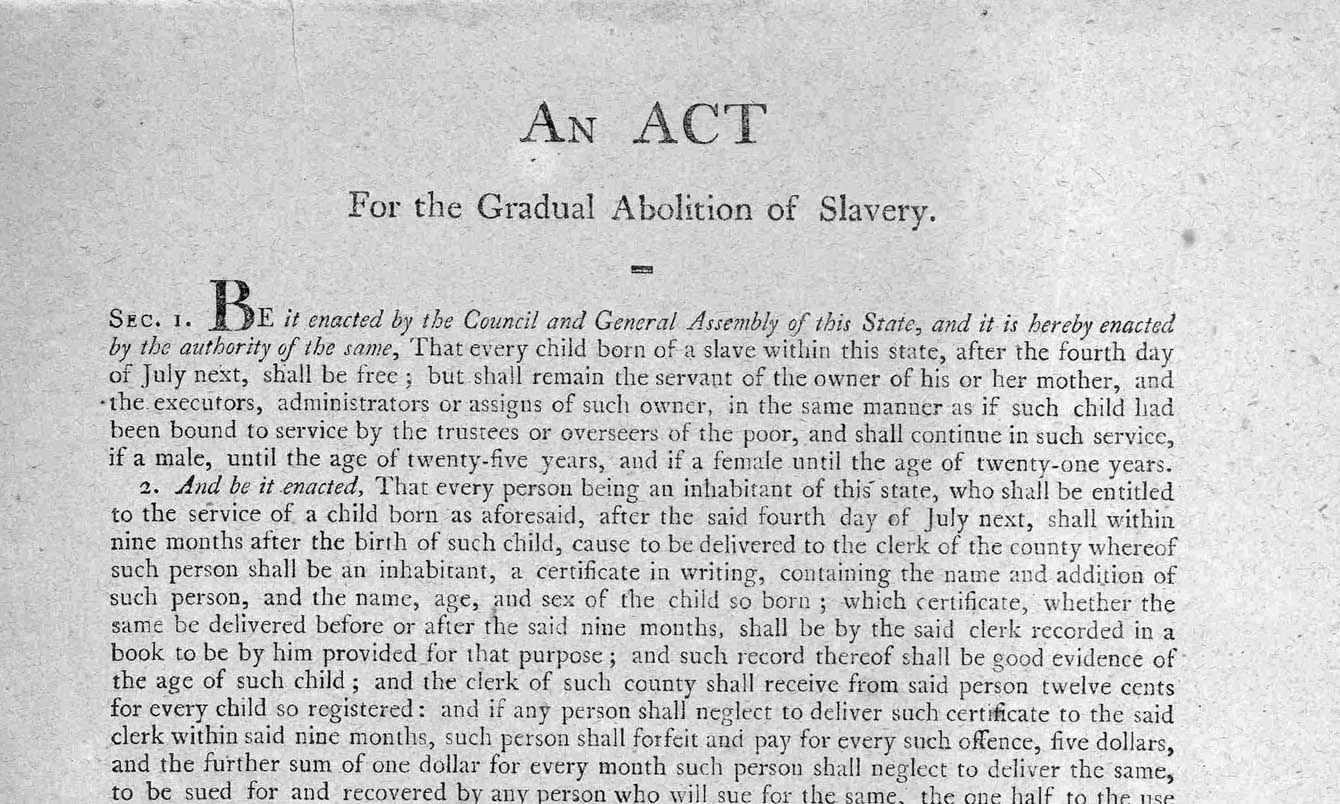
New Jersey becomes the last northern state to pass a gradual emancipation act.
1807
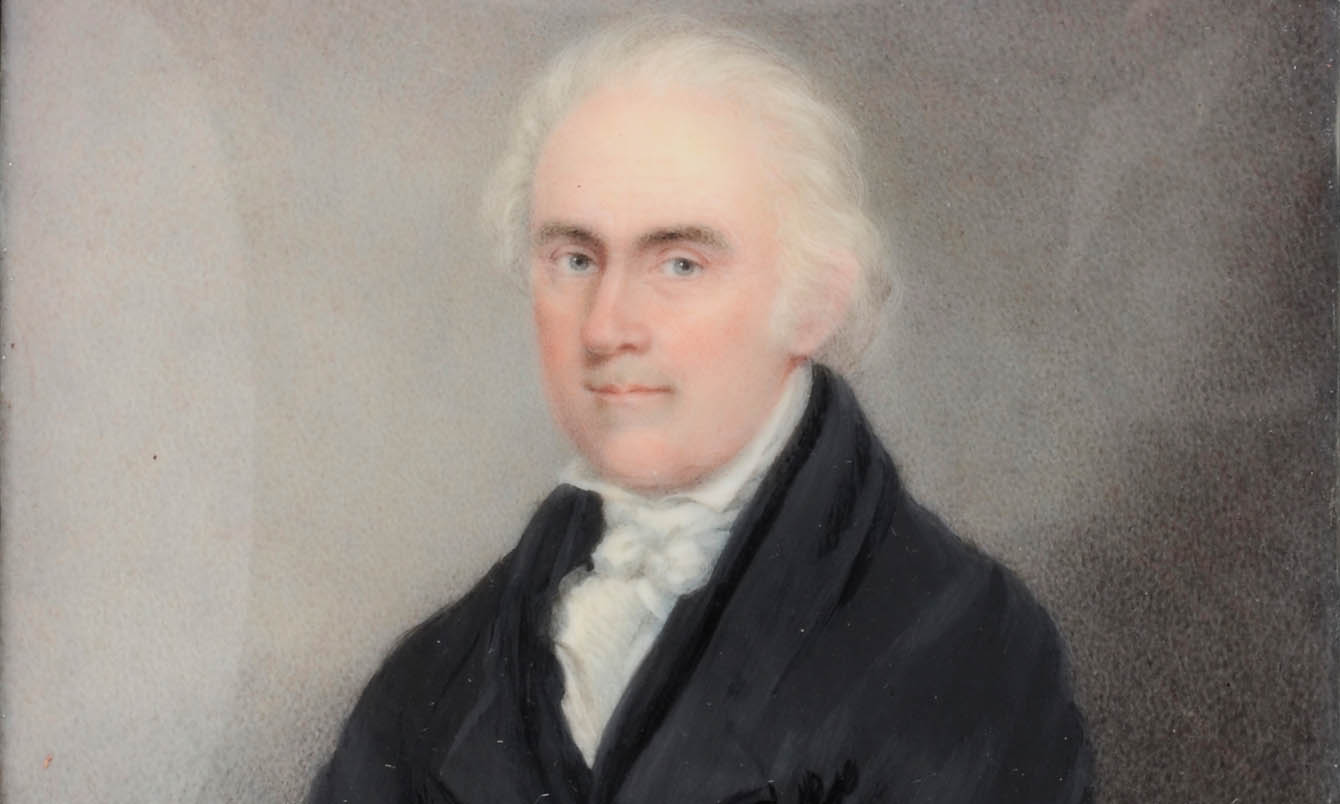
Federal abolition of the transatlantic slave trade takes effect. Rhode Island’s DeWolf family and others continue to illegally smuggle African captives into the United States for several decades.
1810
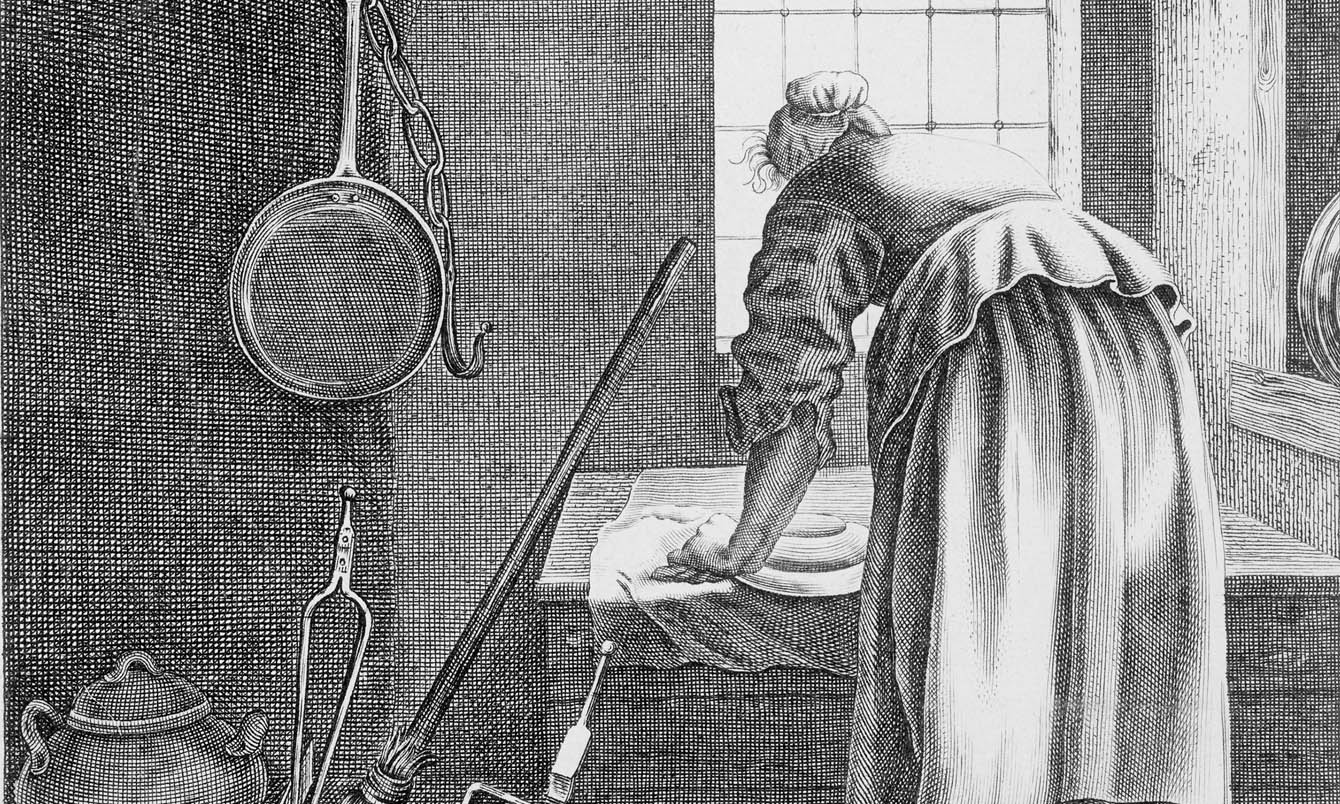
Susannah, a woman enslaved by Elizabeth Ten Broeck of Albany, is manumitted on condition that she continue to assist the family with housework for years to come.
1811
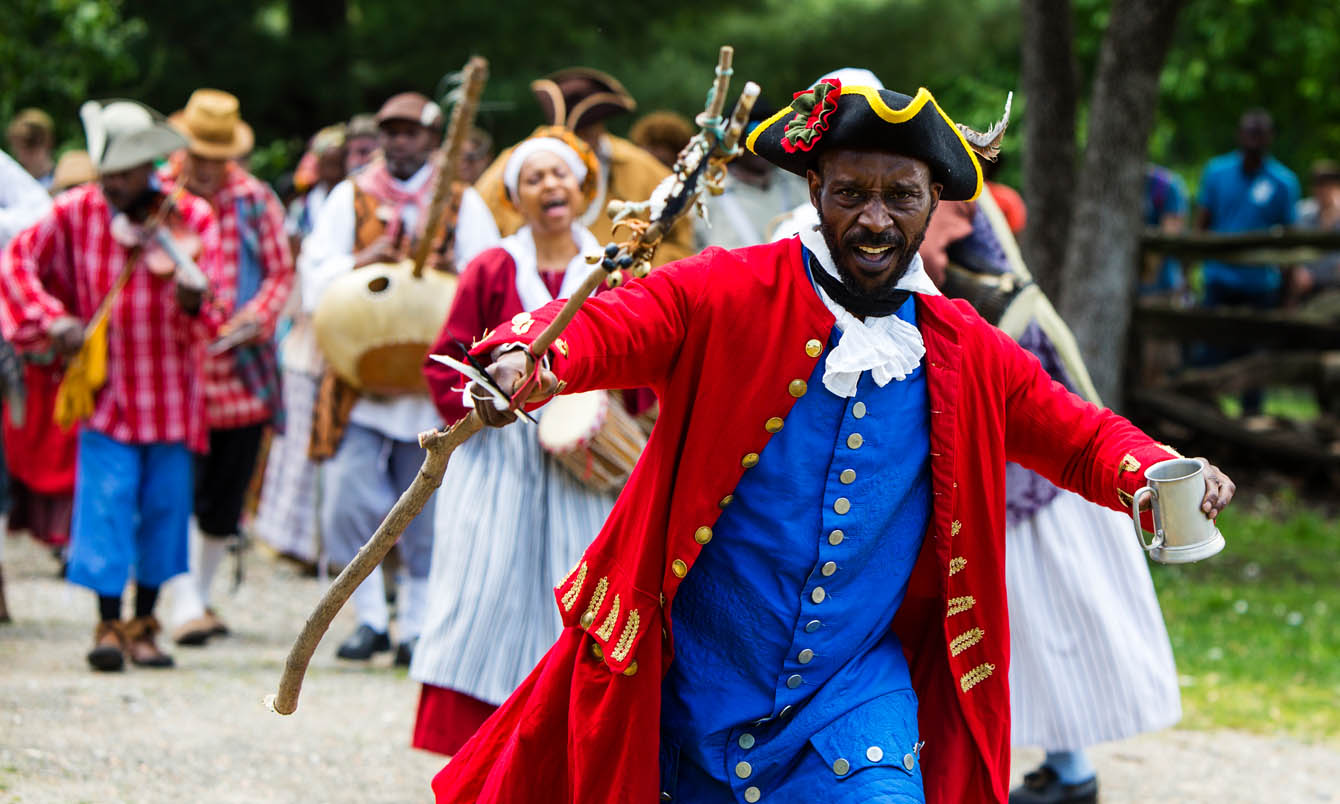
Town officials in Albany, New York ban Pinkster Day celebrations because of “rioting and drunkenness.”
1820
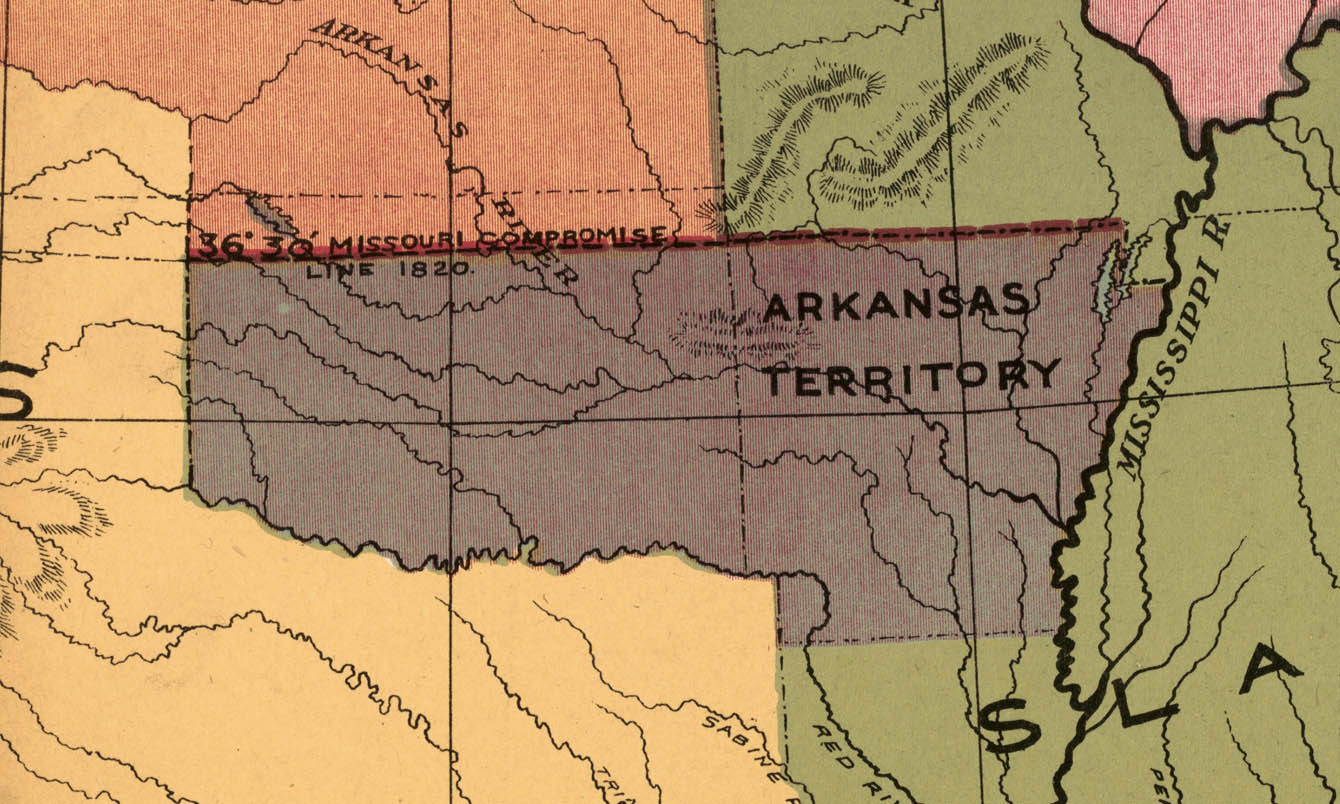
The United States Congress passes the Missouri Compromise. In an effort to maintain a balance of political power, Missouri’s entrance into the Union as a “slave state” was matched by that of Maine, a “free state.”
1826
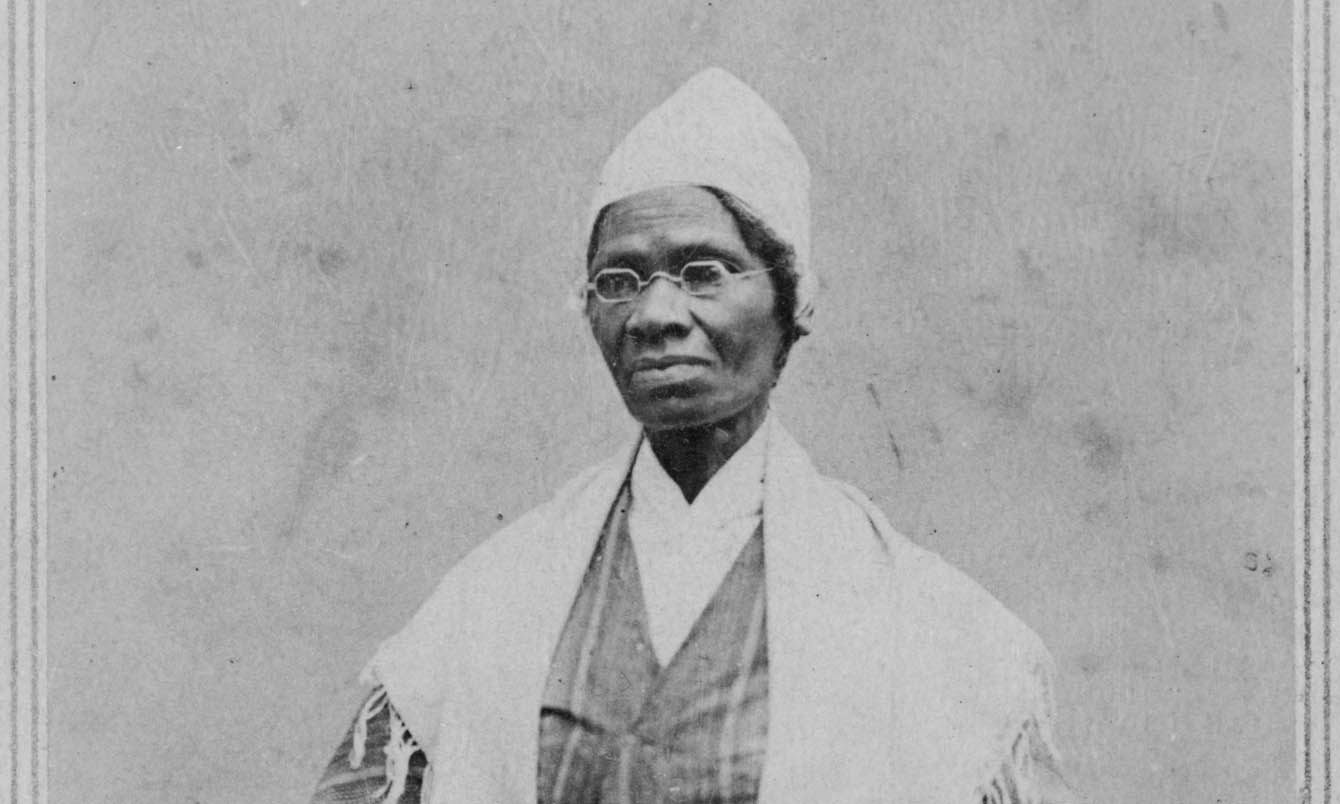
Isabella Baumfree obtains her freedom after fleeing her New York enslavers, later taking the name Sojourner Truth. Truth becomes a prominent advocate for abolition, civil rights, and women's suffrage.
1827
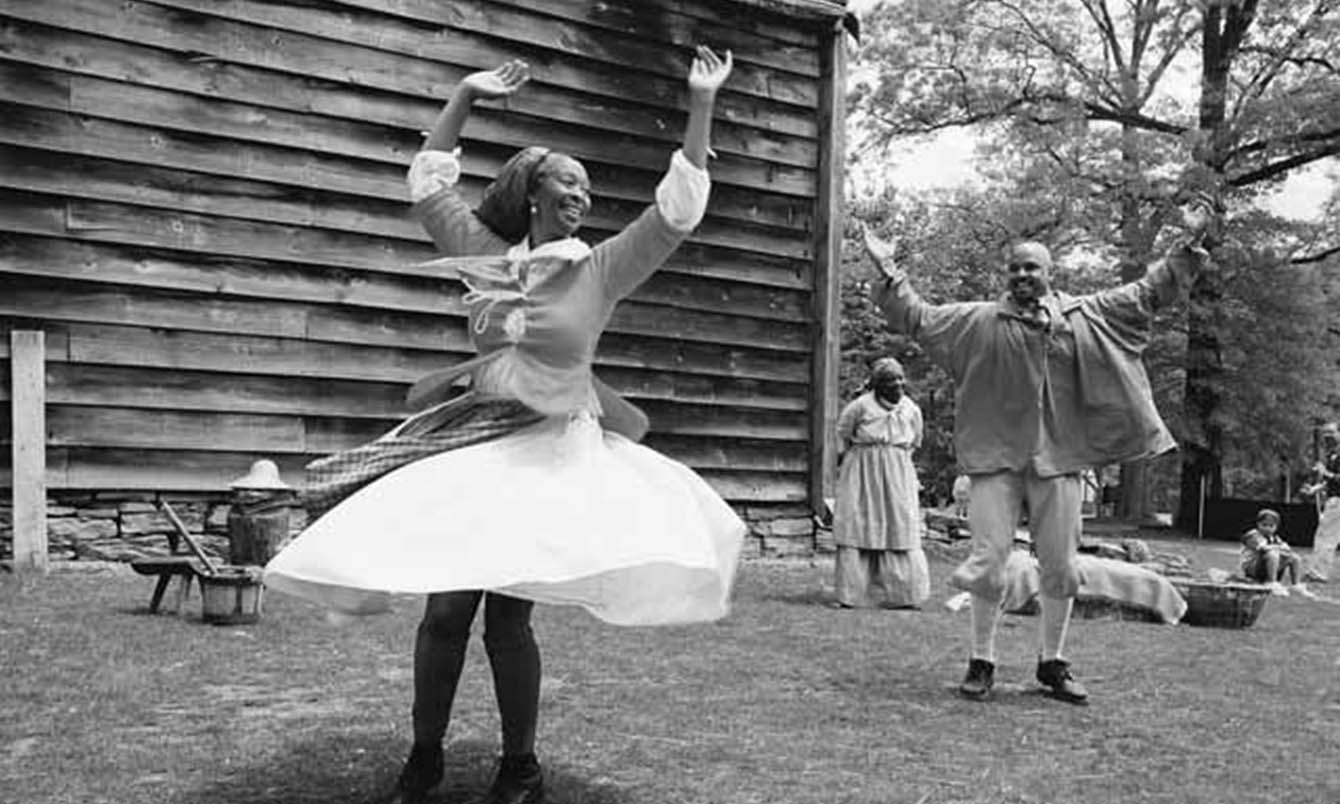
After more than 200 years of slavery, New York emancipates all enslaved persons born in the state.
1829
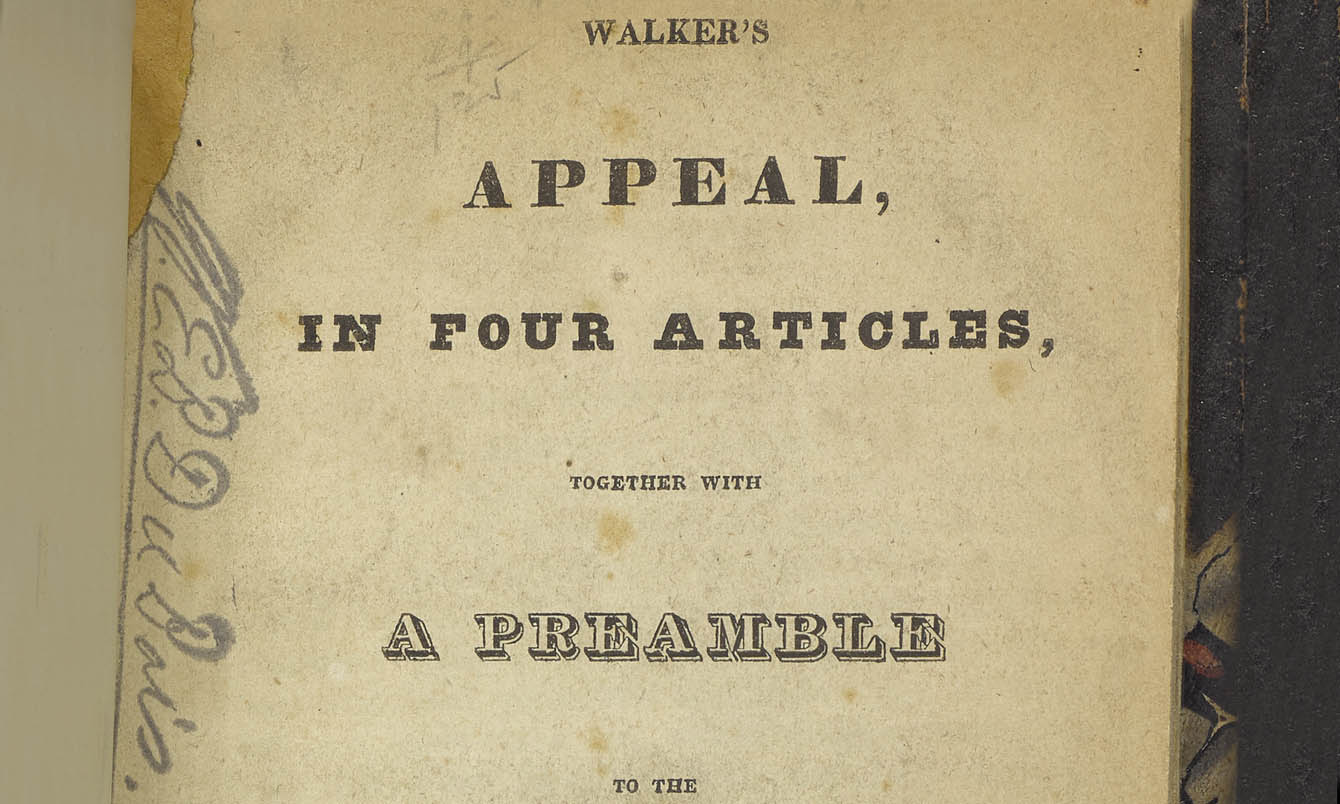
A free black man named David Walker publishes his Appeal to the Colored Citizens of the World in Boston. Walker called for the immediate abolition of slavery, and for enslaved individuals to rebel against their enslavers.
1831
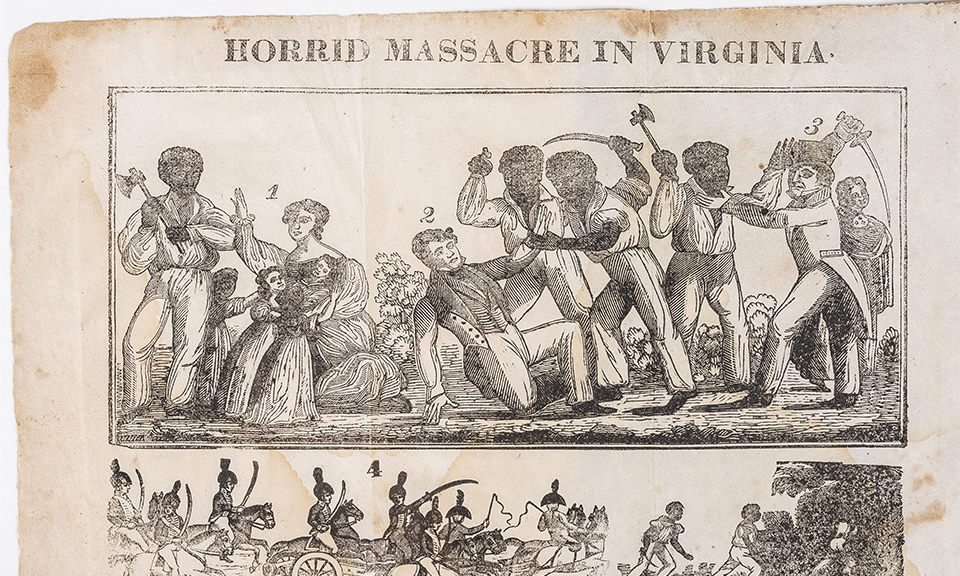
Enslaved preacher Nat Turner leads a violent uprising in Virginia, killing 60 white people. Turner’s rebellion had brutal consequences for the enslaved community, and the event shaped the debate over slavery across the country.
1839
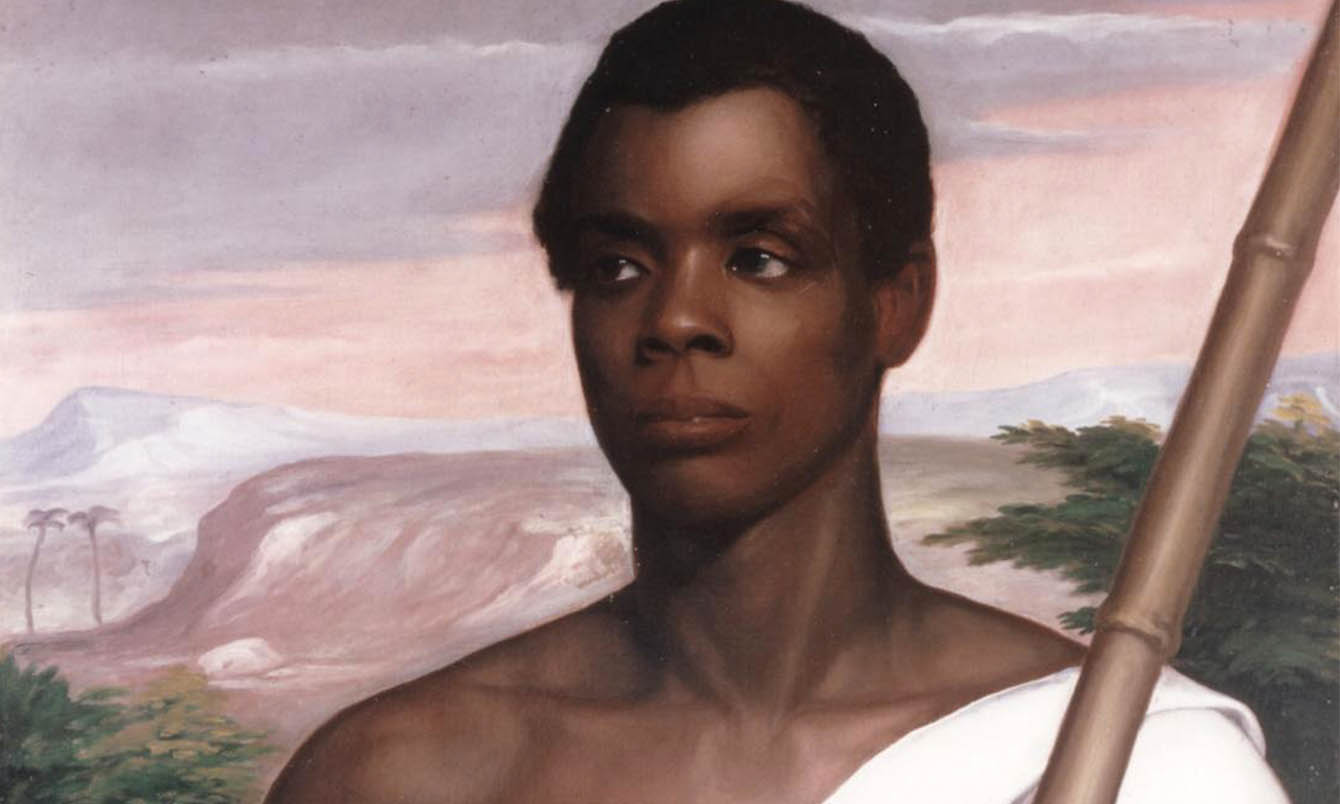
African captives seize the Cuban slave ship Amistad. When the ship runs aground off the coast of Long Island, it becomes part of the American debate over slavery and abolition.
1843
Rhode Island adopts a new state constitution ending slavery. Section IV reads, “Slavery shall not be permitted in this state.”
1847

Pennsylvania repeals an enslavers’ right to travel through the state with those they held in bondage. This act effectively freed any enslaved person who set foot on Pennsylvania soil.
1850
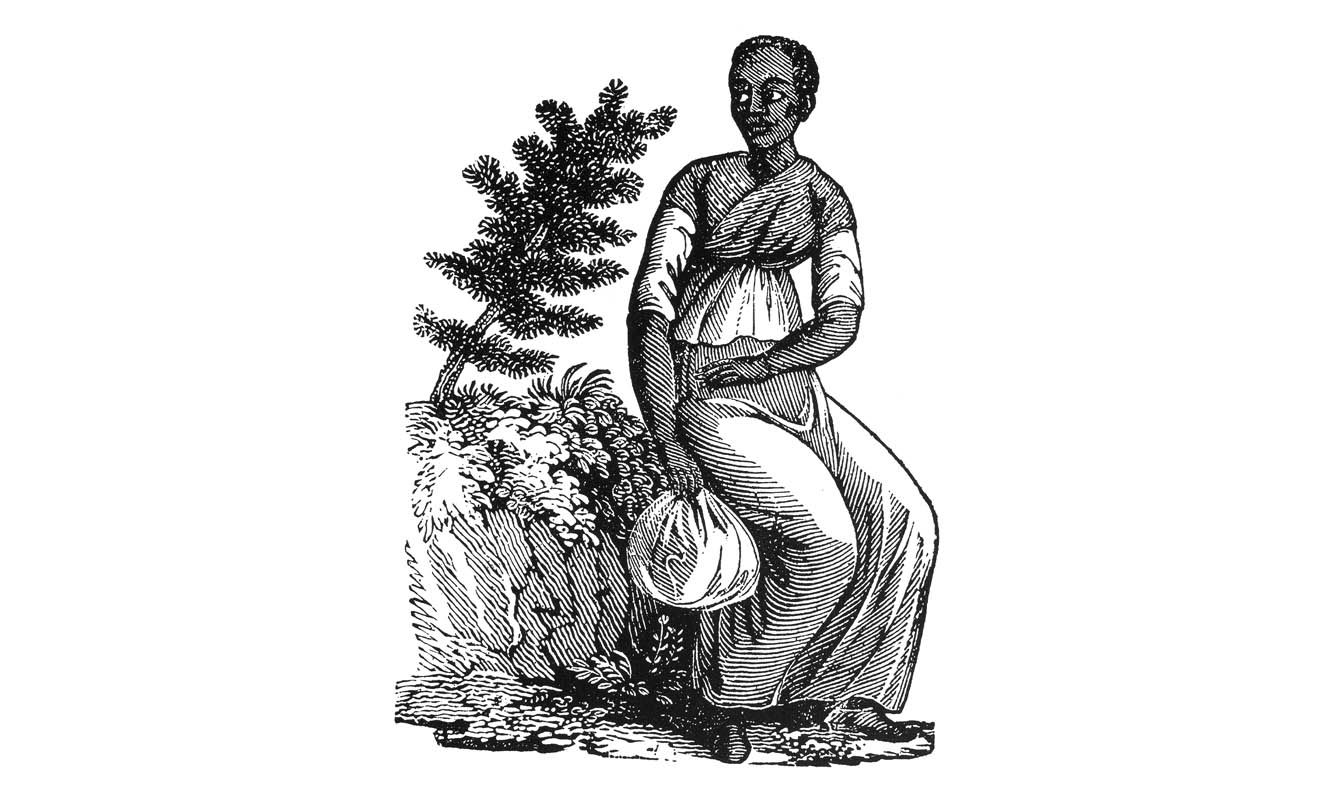
Congress passes a highly restrictive fugitive slave law requiring the government and northern citizens to assist in the recapture of enslaved individuals who chose to self liberate.
1852
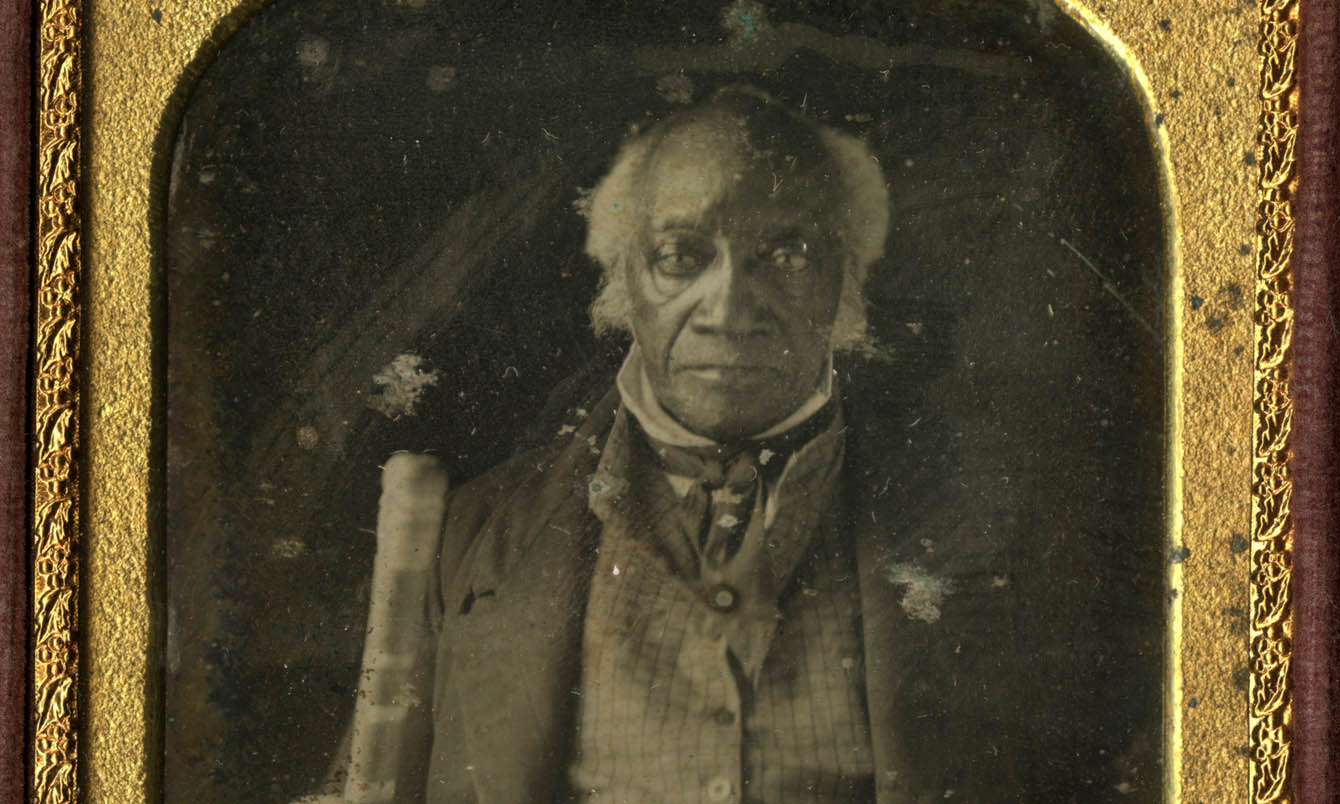
Although slavery was abolished in New York in 1827, there is abundant evidence of individuals who remained enslaved in the North throughout their lives. Caesar was a man enslaved by the Rensselaer Nicoll family until his death in 1852.
1857
New Hampshire enacts a law stating that "No person, because of descent, should be disqualified from becoming a citizen of the state." This law is generally interpreted as outlawing slavery in the state.
1859
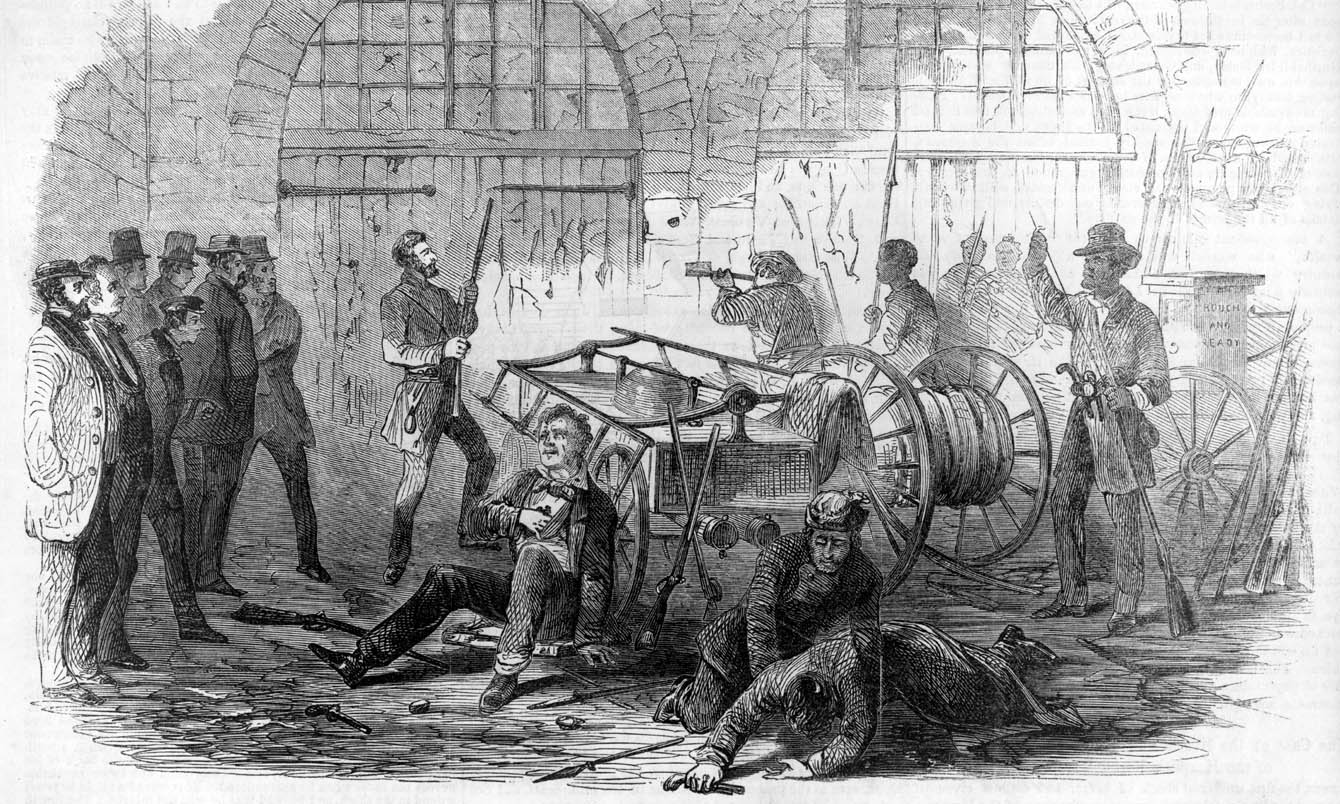
Connecticut-born abolitionist John Brown raids the Federal arsenal at Harpers Ferry, Virginia in a failed attempt to initiate a massive insurrection.
1860
The US Federal census lists 18 “Apprentices for Life” enslaved in New Jersey.
1861
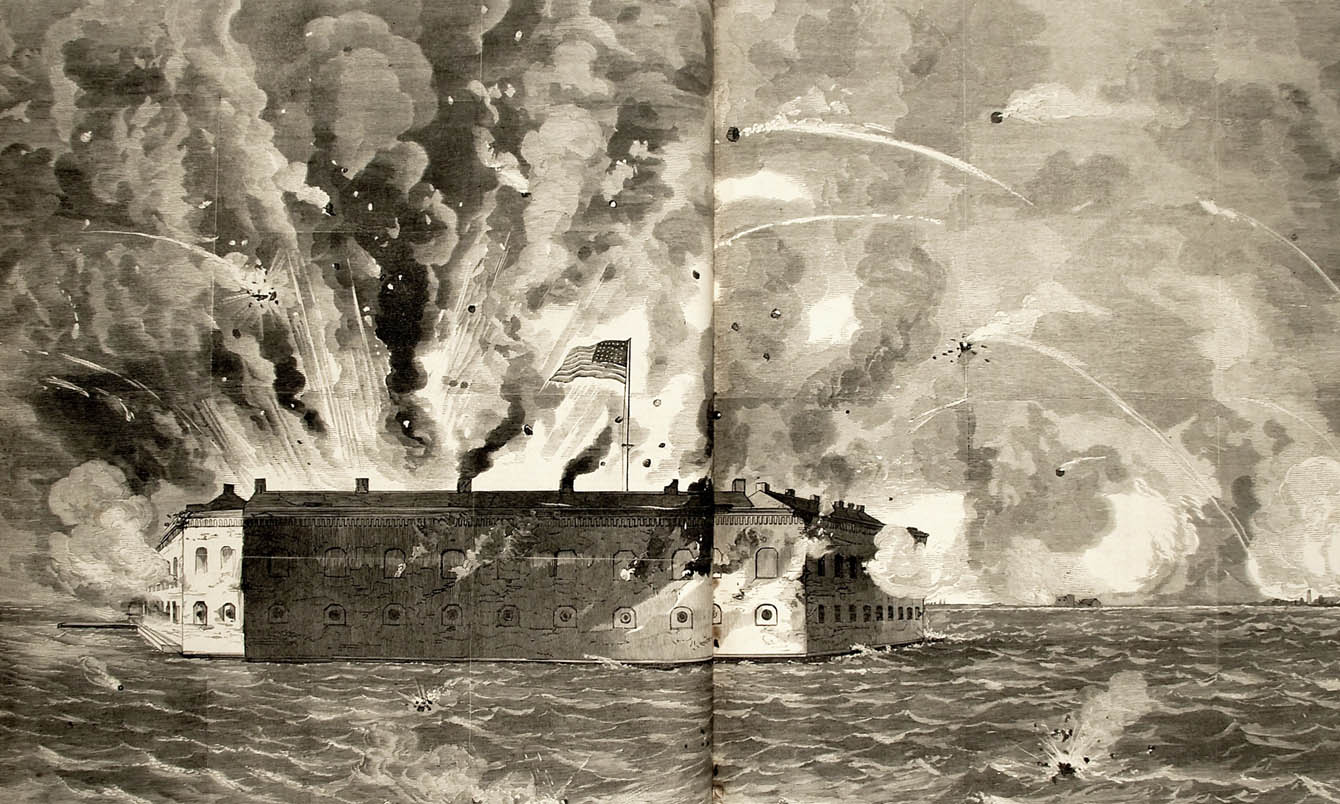
Confederate guns fire on Fort Sumter in Charleston harbor, signaling the beginning of the Civil War.
1865
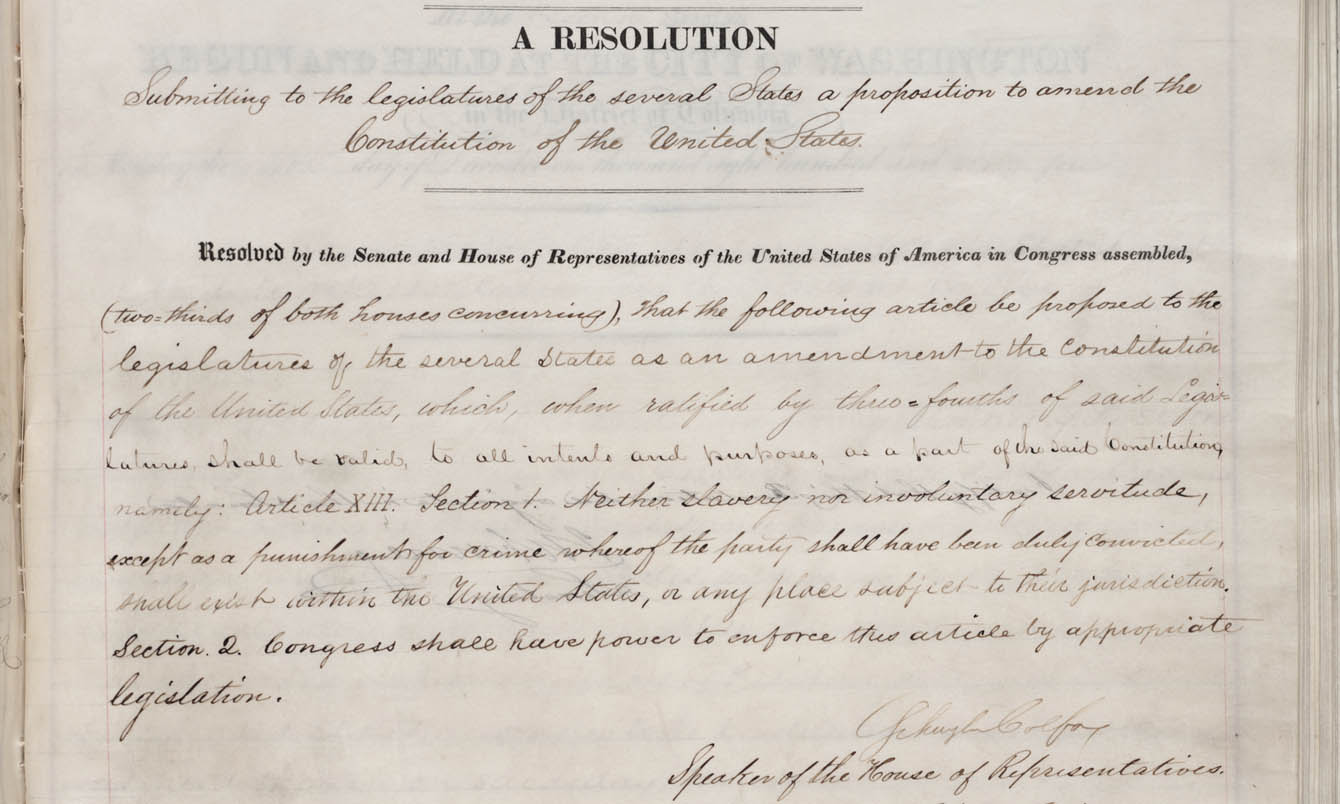
The 13th Amendment, abolishing slavery in the United States, is ratified. New Jersey and Massachusetts had never passed legislation banning slavery. This marks the official end of slavery in the United States.
TimeMap
To continue this experience please view People Not Property on a larger screen or horizontal device.

